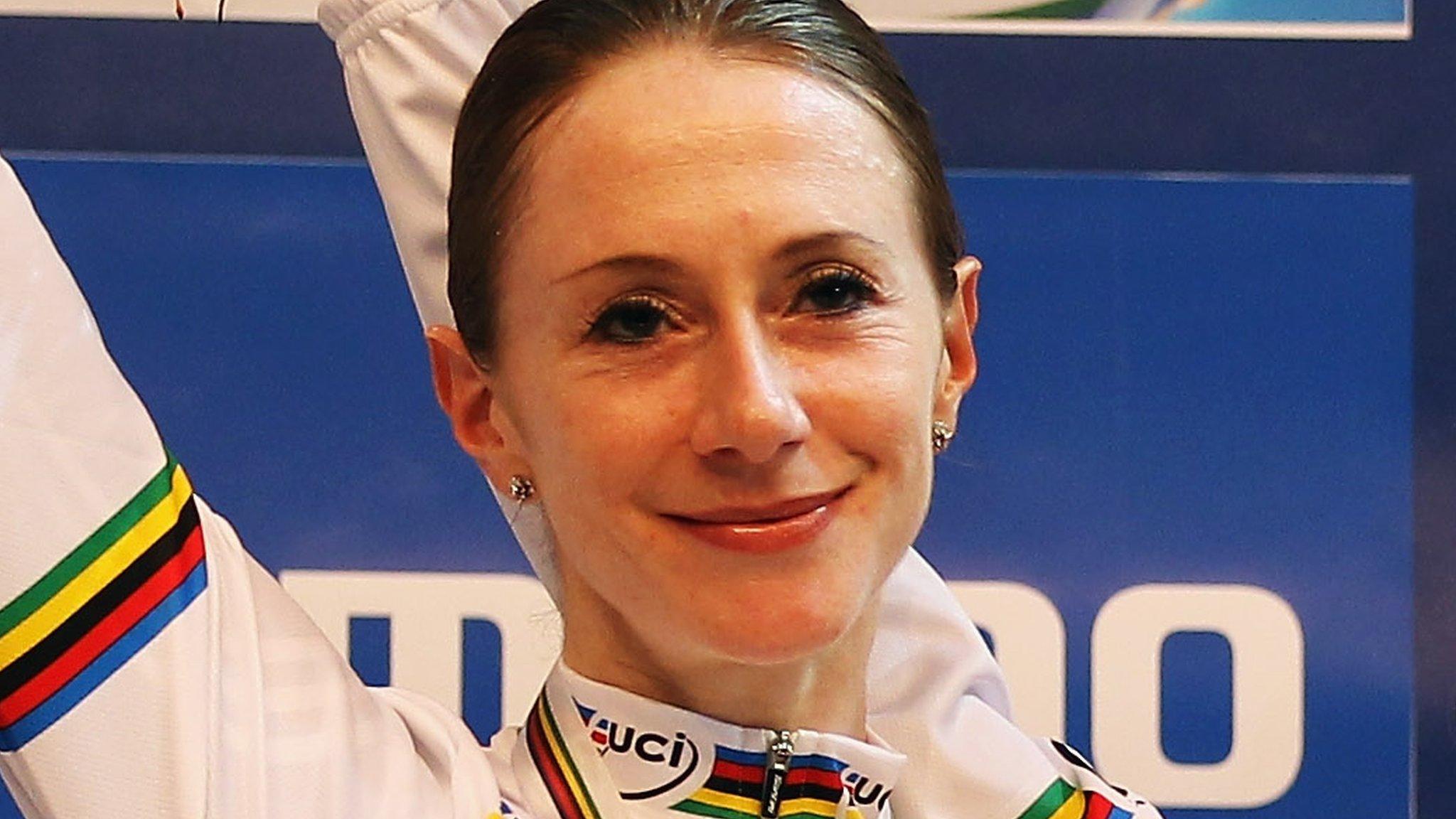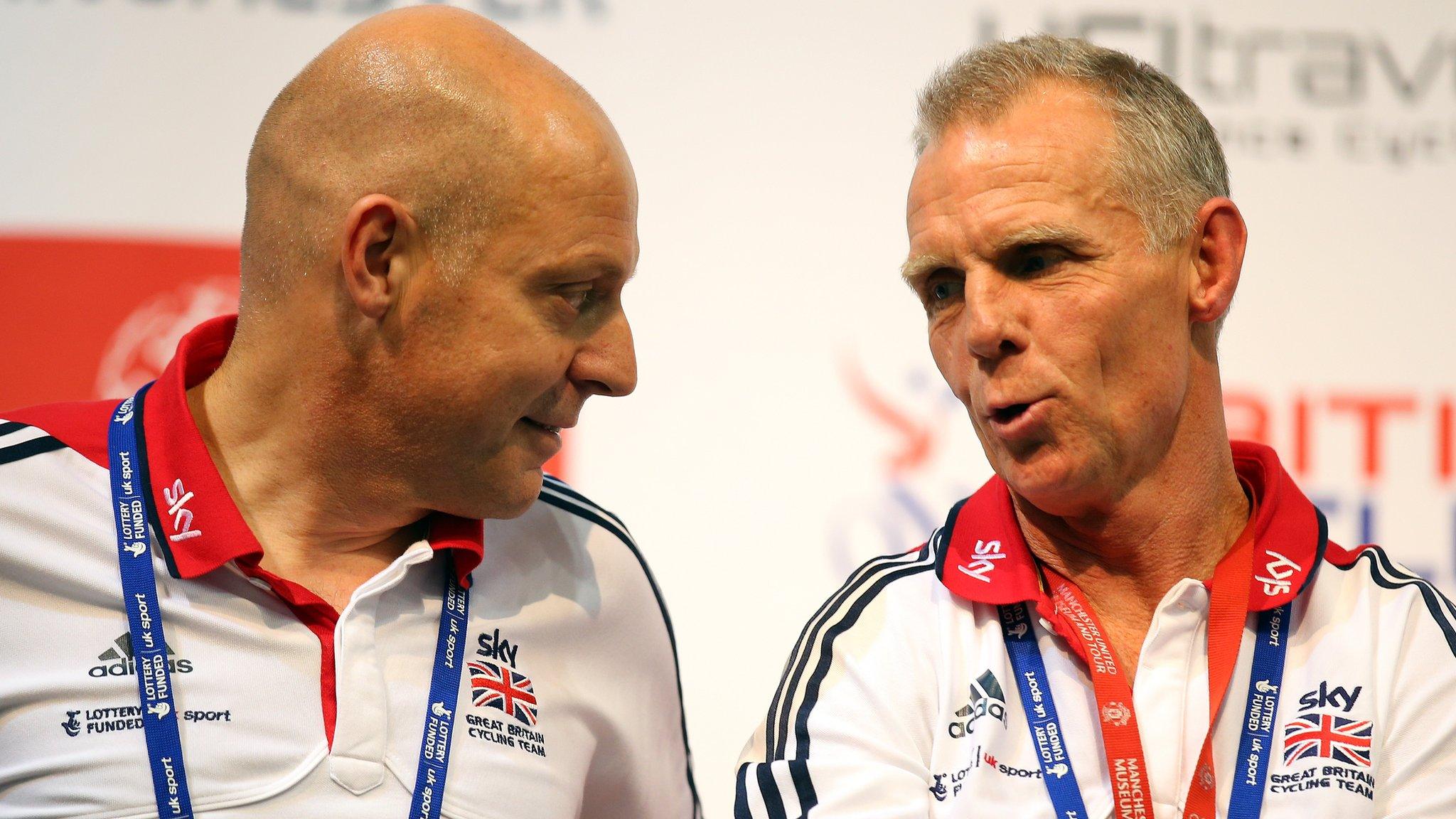British Swimming: Bullying claims by Paralympians are investigated
- Published

British Swimming is conducting an investigation after multiple bullying claims were made by Paralympians about a coach, the BBC has learned.
The sport's governing body began an internal review after several Para-swimmers made complaints.
The complainants are understood to include Rio 2016 medallists.
Swimming was ParalympicsGB's most successful sport in Rio, winning 47 medals - 16 golds of 152 available - and setting eight world records.
But it has now emerged the team, which is based at the Manchester Aquatics Centre, has been embroiled in a bullying controversy for the past two months.
British Swimming has appointed investigators to look into the allegations.
UK Sport said it was aware of the internal review and "disappointed" to hear the claims.
A parent of one of the complainants told the BBC that swimmers were "belittled and criticised".
"We were told elite sport was not about the welfare of athletes but the pursuit of medals. There was a culture of fear," the parent said.
In a statement, British Swimming told the BBC: "Whilst some athletes have expressed some concerns, we have immediately undertaken an independent fact-finding investigation into these.
"The investigation remains ongoing and, until it is completed, we do not propose to make any further comment."
UK Sport said: "While we are disappointed to hear of these allegations, we are reassured that athletes feel able to challenge any behaviour that they are uncomfortable with and that British Swimming are investigating.
"As part of our action plan following the independent review into British Cycling, we will be looking at sharing learnings and best practice across the entire high performance system to ensure we continue to support our best athletes to reach their full potential within a positive performance culture of the upmost integrity and ethical standards."
A British Paralympic Association statement added: "We understand that some athletes have raised concerns with British Swimming, their national governing body. Athlete welfare is of the utmost importance, therefore it is quite right that British Swimming have undertaken an independent fact-finding investigation into the matter, which remains ongoing."
The background
The revelations come amid mounting concern over the culture of high-performance programmes at British sports, and whether medal success has come at the expense of athlete welfare.
Team GB and ParalympicsGB both came second in their respective medal tables in Rio.
British Cycling apologised last month for various "failings" after an independent investigation into allegations of bullying and sexism.
A leaked draft version of the report, due for publication, found there was "a culture of fear" in the national velodrome, and "cracks in terms of the climate and culture… were ignored in pursuit of medal success".
Several former riders and staff have complained about the way they were treated, with track cyclist Jess Varnish saying she was "thrown under the bus" and the victim of a "cover-up".
Former technical director Shane Sutton has always denied any wrongdoing.
British Cycling has introduced an action plan of reforms dedicated to improving training, governance and welfare.
Jess Varnish talks to Dan Roan
Last year, British Rowing coach Paul Thompson was cleared of bullying following an investigation.
Former GB rower Emily Taylor had claimed Thompson was "a massive bully". A review concluded more care needed to be taken of athletes' wellbeing and the culture at British Rowing was "hard and unrelenting".
Meanwhile, in 2016 the government asked former Paralympian Baroness Tanni Grey-Thompson to conduct a comprehensive 'duty of care review'.
Publication of her report is imminent. It is expected to recommend significant reforms designed to improve the way athletes are treated by governing bodies.
Last month, UK Sport chief executive Liz Nicholl told BBC Sport there is "no excuse for not putting athletes first... there probably hasn't been enough attention in sport about how they do things.
"There's a lot of focus on operational delivery, probably not enough on leadership management and communication."
- Published23 March 2017

- Published10 March 2017

- Published10 March 2017

- Published1 February 2017